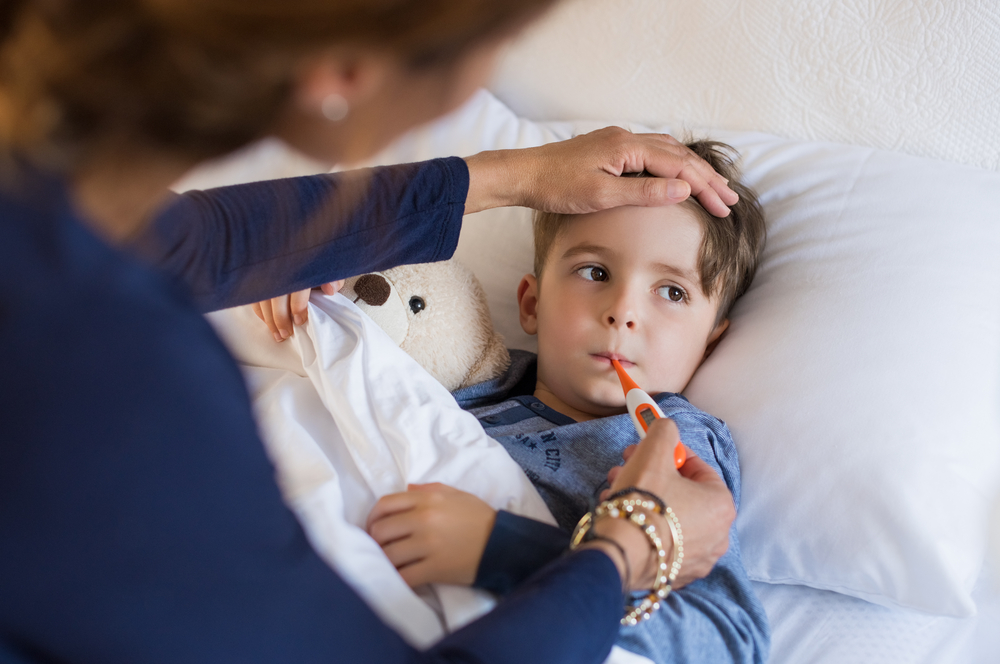Sinus infections, or sinusitis, can be tough on anyone, especially kids.
Sinusitis occurs when the tissue lining the sinuses becomes inflamed, often due to infections or allergies. This swelling can lead to discomfort, pressure, and sometimes pain around the nose and eyes.
Children, especially young ones, have developing immune systems and smaller sinus cavities, making them more prone to infections. Plus, kids might not always express their symptoms clearly, making it challenging for you to identify an infection.
If you think you might have sinusitis, don’t wait to see your doctor. Book an online consultation with a pharmacist to get the care and treatment you need.
At what age can a child get a sinus infection?
Sinus infections can happen at any age, but they’re more common as kids get older. Babies have small sinuses and developing immune systems, so they’re less likely to get sinus infections.
Around age two, as their sinuses grow, infections become more common. By the time children are 6 or 7 years old, they’re even more susceptible, especially if they have allergies or frequent respiratory infections.
While sinus infections can happen at any age, younger children might not show typical symptoms like facial pain. Instead, watch for signs like congestion, coughing, fever, fussiness, or trouble sleeping.
Frequently asked questions about sinus infections
What are the symptoms of a sinus infection in a child?
Symptoms of a sinus infection in a child include nasal congestion, coughing, fever, irritability, and trouble sleeping.
Can babies get sinus infections?
Yes, babies can get sinus infections, although they are less common compared to older children. Infants may exhibit symptoms such as nasal congestion, fussiness, and difficulty feeding.
How can I prevent sinus infections in my child?
Preventing sinus infections in children involves maintaining good hygiene, avoiding exposure to tobacco smoke, ensuring vaccinations are up to date, and managing allergies effectively.



